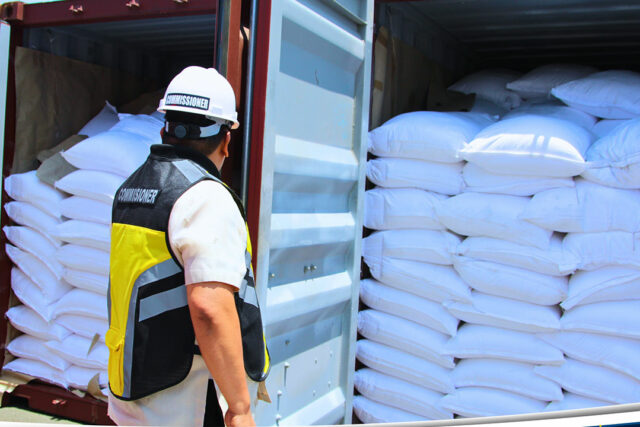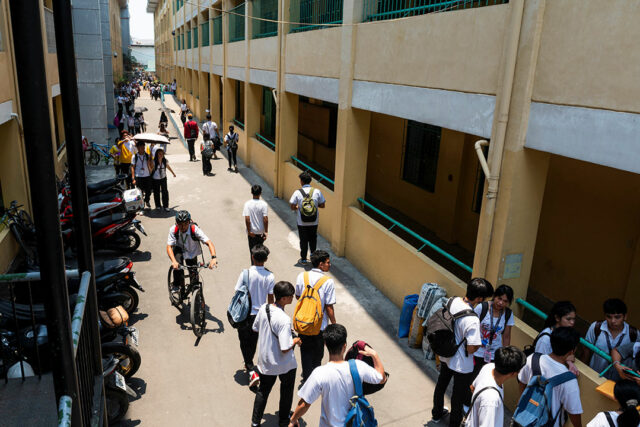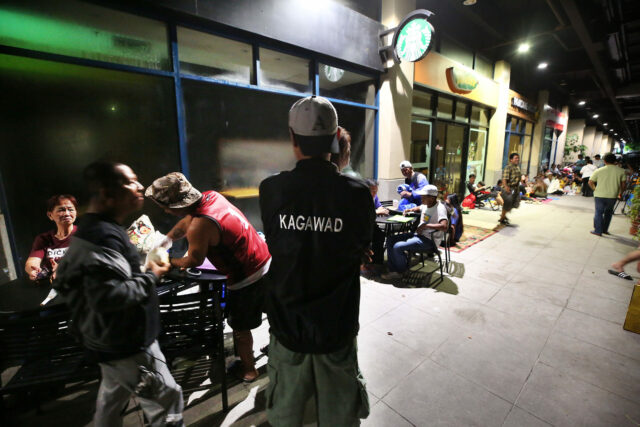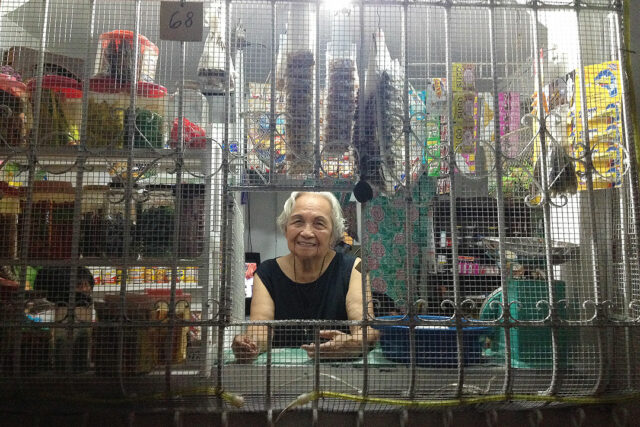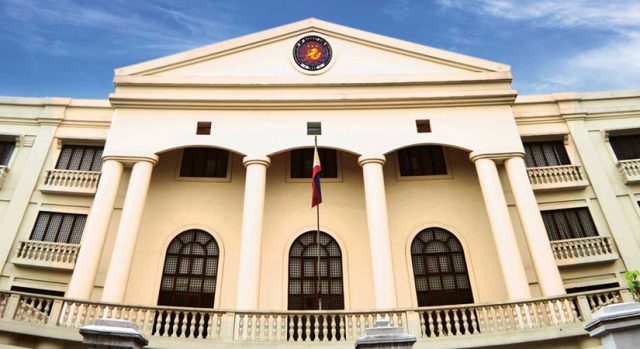Local courts could have helped in Duterte arrest, Remulla says
THE Department of Justice on Thursday said that the local court could have intervened in the arrest of former President Rodrigo R. Duterte if the Philippines remained a member state of the International Criminal Court (ICC).
In a Senate Committee Hearing, Justice Secretary Jesus Crispin C. Remulla said that local courts could have stepped in on the arrest of Mr. Duterte under Section 17 of Republic Act 9851, the Philippine Act on Crimes Against International Humanitarian Law.
The law states the government has jurisdiction over persons suspected or accused of crimes against humanity. Authorities may also surrender or extradite suspected or accused persons in the Philippines to the appropriate international court,
“Under Section 17, there is a treaty on extradition, if we were a member of the ICC then (extradition) would need judicial proceedings,” Mr. Remulla added.
“If we were still members of the ICC then it could have helped President Duterte from being flown out.”
In 2018, the ex-President withdrew the Philippines from the international tribunal’s founding treaty when it started looking into extrajudicial killings from his war on drugs campaign. It took effect in 2019.
“It is clear that a treaty is needed to undergo an extradition…but we don’t have a treaty with the ICC because we were withdrawn by Mr. Duterte,” the Justice chief said.
He added that the government had no other option than to surrender the ex-President as extradition was no longer possible.
“There is no extradition route, only the surrender route is left,” he said.
Local police arrested Mr. Duterte on March 11, upon his arrival at Ninoy Aquino International Airport in Manila, acting on a warrant issued by the ICC. He was flown to the Netherlands hours later.
Mr. Remulla added that the surrender of the ex-President was the government’s “best judgement under the circumstances for our country.” — Adrian H. Halili


